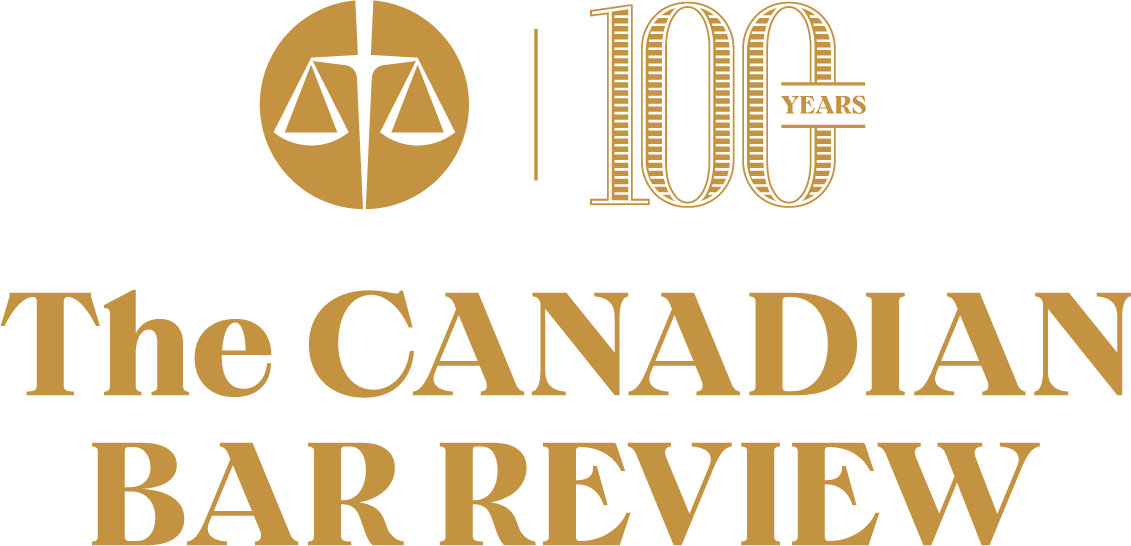LUAMBA ET LA FIN DES INTERCEPTIONS ROUTIÈRES ALÉATOIRES
Abstract
Random traffic stops are a thing of the past. Or almost. In R. v. Ladouceur (1990), the Supreme Court of Canada determined that random stops are constitutional. But these proactive police interventions have been heavily criticized for several reasons—that they open the door to racial profiling, avoid judicial review and weaken public trust in police. Despite these concerns, random traffic stops have remained constitutional for more than three decades. In Luamba v. Attorney General of Quebec (October 2022), the Superior Court of Québec ruled that random stops are unconstitutional in Quebec and unjustifiably infringe on several constitutional rights.
This article supports the Luamba decision and argues that random stops are unconstitutional for three main reasons. First, in Ladouceur, the majority of judges overestimated the benefits of random stops and underestimated their harms. Second, random traffic stops lead to racial profiling and discrimination—an argument supported by expressive theories of law. Third, random stops are used as pretexts for criminal investigations that have various negative impacts: use of force, humiliating searches and criminal charges based on weak evidence.
These three arguments show that the majority of judges in Ladouceur did not appropriately analyze the proportionality of random stops and erred in concluding that these interventions are constitutional.
These same arguments support the Superior Court’s conclusion in Luamba that random traffic stops are unconstitutional for additional reasons that the decision did not address in detail. Ultimately, this article provides new reasons why random stops—and the racial profiling and discrimination they facilitate—cannot be justified in our free and democratic society.
Keywords:
Random stops, Discrimination, Racial profiling, Proportionality, Rights and freedoms, Police powersDownloads
Downloads
Published
Issue
Section
License
Copyright (c) 2023 The Canadian Bar Foundation

This work is licensed under a Creative Commons Attribution-NonCommercial-NoDerivatives 4.0 International License.





